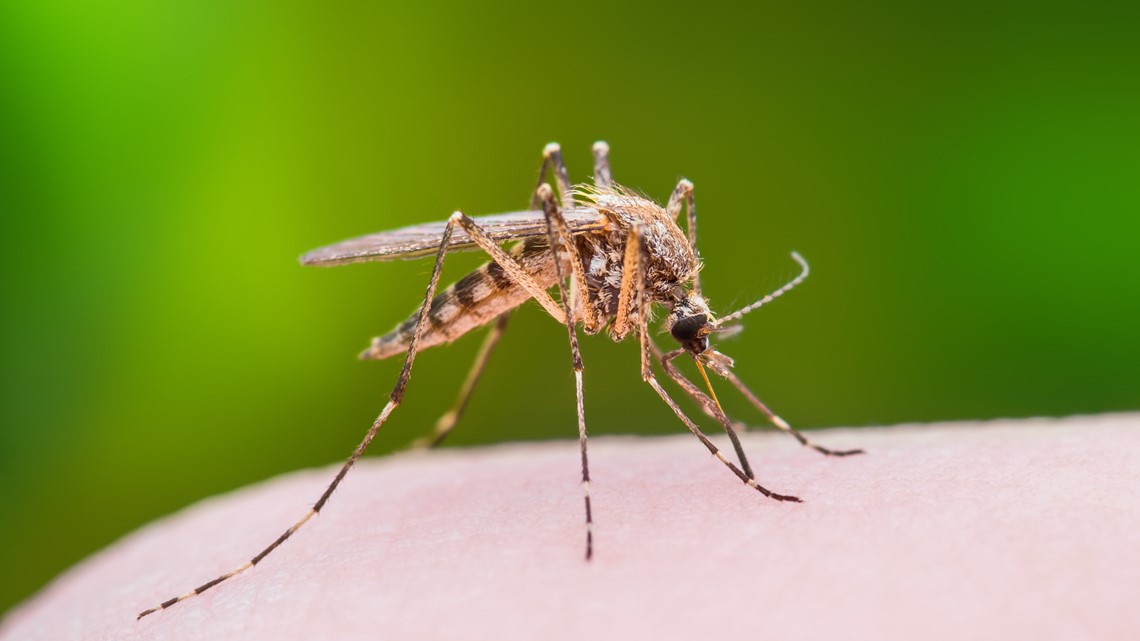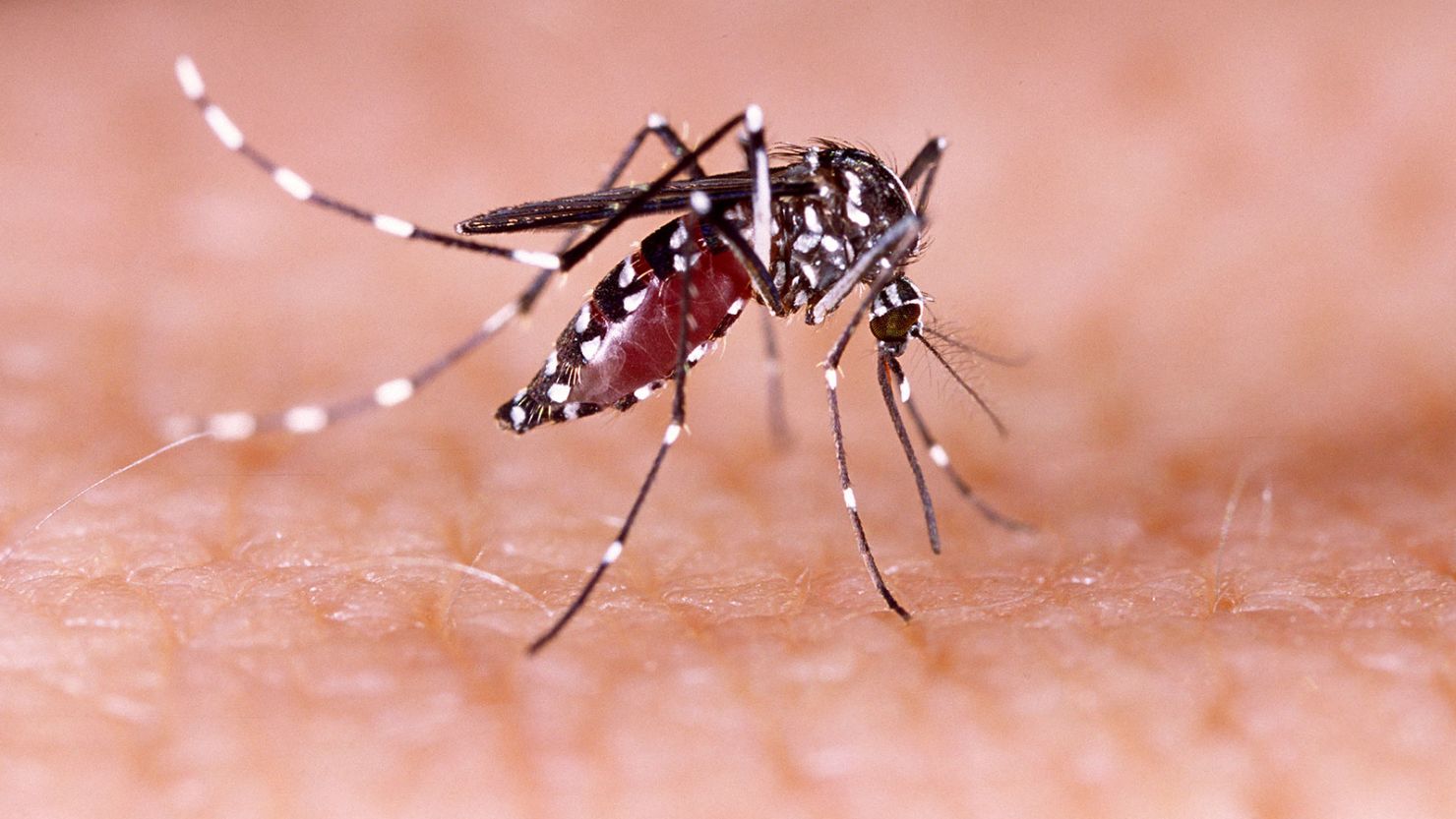As summer progresses and humid conditions prevail, the risk of mosquito-borne diseases increases significantly. Mosquitoes are notorious for transmitting various viruses through their itchy bites, posing a serious public health threat. Among these diseases are the more common West Nile Virus and Dengue Virus, which have been widely spread and are more likely to infect humans. This summer, health experts are also monitoring for St. Louis encephalitis, a mosquito-borne disease that can lead to severe brain inflammation. The combination of heat and humidity creates an ideal environment for mosquito populations to thrive, increasing the likelihood of disease transmission.

Jamestown Canyon Virus in Maine
This week, health officials in Maine issued a warning to residents in the town of Orono after mosquitoes in the area tested positive for the Jamestown Canyon Virus (JCV). The virus, first transmitted from a mosquito to a human in Maine in 2017, is considered an emerging public health threat. While human infections are rare, the virus can cause severe neurological diseases such as meningitis and, in extreme cases, death.
Mosquito tests near Orono in Penobscot County yielded the first positive results of the year for JCV. The virus is naturally present in mosquitoes in northern U.S. states and southern provinces of Canada. Although several mosquito species can carry the virus, the number of human infections remains “incredibly low,” according to Rossi. Despite its low infection rate, the presence of JCV in mosquitoes is concerning. In New York State, researchers found significantly higher infection rates in mosquitoes from 2012 to 2022 compared to the previous decade.
Symptoms of the Jamestown Canyon Virus
Symptoms of JCV in humans can vary. Many infected individuals may not show symptoms, but those who do might experience vomiting, neck stiffness, loss of coordination, and severe cases may result in brain swelling and meningitis. In 2018, a 56-year-old man in Maine died from chronic encephalitis caused by the virus, revealing extensive neuropathologic abnormalities in his spinal cord fluid, as reported by Harvard University researchers in 2021.
Preventative Measures and Awareness
So far this year, Maine has reported no human cases of JCV, despite positive mosquito tests. The Maine Department of Health and Human Services reassures that the presence of the virus in mosquitoes does not necessarily indicate a significant risk to people. However, the detection of a mosquito-transmissible virus in local areas serves as a reminder of the importance of vigilance and preventive measures.

Nationally, there are no reported cases of St. Louis encephalitis in humans this year, according to the CDC. Residents are encouraged to take precautions such as using insect repellent, wearing protective clothing, and eliminating standing water around their homes to reduce mosquito breeding grounds.
The evolving landscape of mosquito-borne diseases necessitates ongoing public awareness and preventive actions to safeguard community health. By staying informed and proactive, residents can help mitigate the risks associated with these persistent and potentially dangerous pests.
